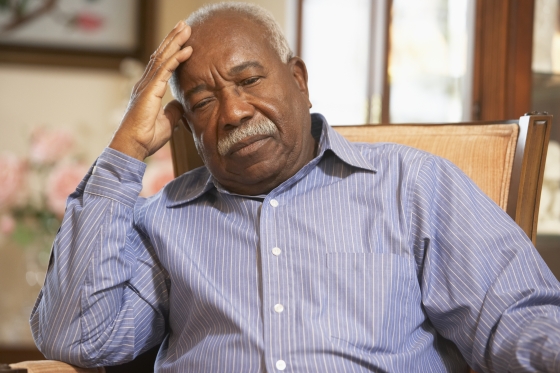
It is holiday time again. In addition to the good cheer and festive demeanor, it is unfortunately a scammer’s dream. This is the time when predators seek out those senior citizens full of holiday cheer to victimize them. Research has shown that as one ages, the ability to distinguish what is realistic and what is not feasible diminishes. According to the National Association of Area Agencies on Aging, financial fraud from the elderly population costs about three billion dollars a year on average, which is a 12% increase since 2008, and in 55% of those cases, it’s perpetuated by a family member.
Most recently, according to the Cullman County Sheriff’s Office, a phone scam is making its way across the county, targeting the elderly. Chief Deputy Max Bartlett said that those receiving calls from people claiming to be grandchildren in need should be wary. “These callers say they’re in trouble and need money wired to them,” he said. Bartlett said that on Friday the sheriff’s office had two fake calls reported in less than 24 hours. The impersonators appear to target elderly people in hopes that they do not easily recognize the voice of their relatives.
The U.S. Department of Justice estimates that dishonest telemarketers take in an estimated $40 billion each year, bilking one in six American consumers — and the AARP claims that about 80% of them are 50 or older. Older adults can protect themselves by:
- throwing junk mail away;
- Question the caller, usually this will deter him/her from speaking further;
- when you are on the internet, make sure that you are on a secure site, particularly when making online purchases;
- make sure that you do not select “remember me”or the “keep me signed in” to prevent anyone from accessing your online banking or shopping accounts;
- do not give personal information over the phone;
- contact the Better Business Bureau if you have questions about a potential contractor;
- visit the Federal Trade Commission at http://www.ftc.gov, the National Consumer League at http://www.nclnet.org and AARP at http://www.aarp.org for the latest financial scams and reports.
As I always mention, please report all incidents to the proper authorities. You can also find information on the National Center on Elder Abuse’s website at http://www.ncea.aoa.gov. if you live in the Greater Philadelphia area or New Jersey, you may contact the Pile Law Firm at 610-718-6368 or http://www.pilelaw.com. Please feel free to leave your questions or comments.






